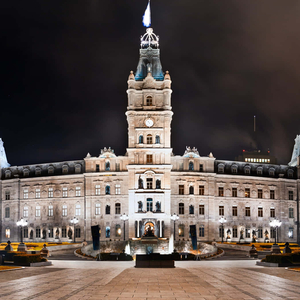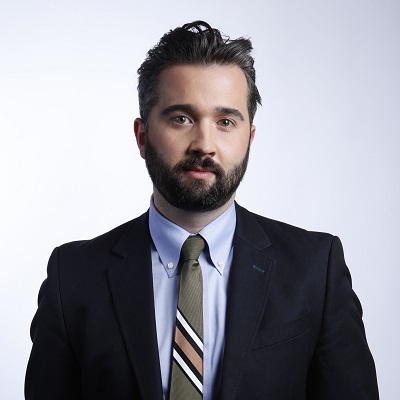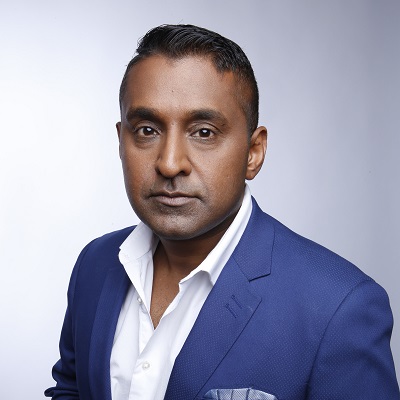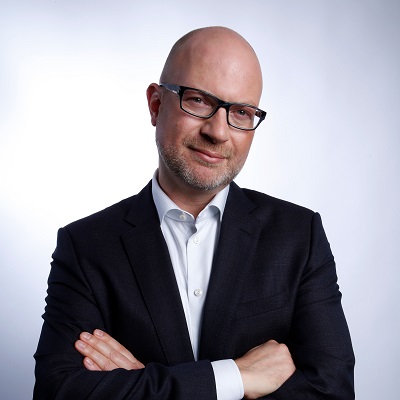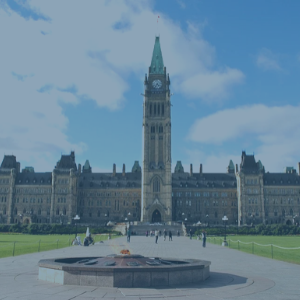
There were no clear winners from the three debates, and their effect on public opinion appears marginal. These findings are from an INNOVATIVE survey released on September 13, 2021, in field from September 10th to September 12th, 2021, with a weighted sample size of 2,400. Full methodology in the appendix.
Attention
Did anyone notice these debates? Yes, roughly half of voters across Canada either watched or heard of the debates, which is on par with debates in the last two elections. The English debate received moderate levels of attention. Fourteen percent (14%) in the Rest of Canada (RoC) reported watching the entire debate, 22% reported watching some and another 11% heard about the debate. In Quebec, 11% said they watched the entire English language debate, 9% said they watched some while 16% just heard about it. The French debates were, predictably, the inverse. The first and second French debates were watched in their entirety by 20% and 17% of Quebec respondents, respectively. But, in the RoC, the first and second French debates were only watched by 3% of respondents.
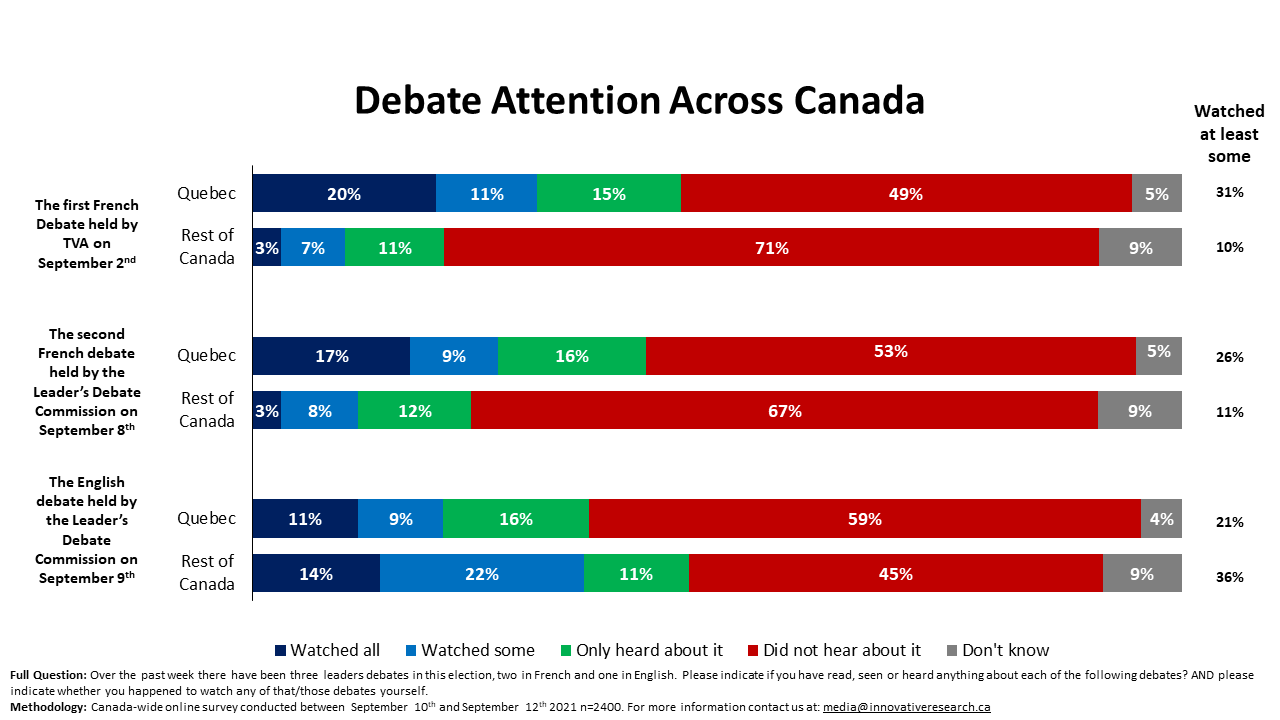
Who Won?
Although viewership of the English language debate was comparable to past debates, the debate itself was anything but definitive. Blanchet edged out Trudeau among Quebecers in the French debates, and O’Toole had a slight edge over the others in English. However, the key effect is a classic case of confirmatory bias. All types of partisans feel their leader did best, although the amounts vary by specific leaders and debates.
In Quebec, Blanchet and Trudeau were both most effective in rallying their bases. Blanchet did a little better with the unaligned in the first debate, while Trudeau had more appeal with those voters in the second contest. Predictably, candidates who do not speak French so well did not fare as well in these debates. Interestingly, Quebec respondents who watched the debates thought that Blanchet performed best (34% in the first debate and 35% in the second). However, those who only heard about the debates reported thinking that Trudeau actually did the best (30% in the first, 31% in the second).
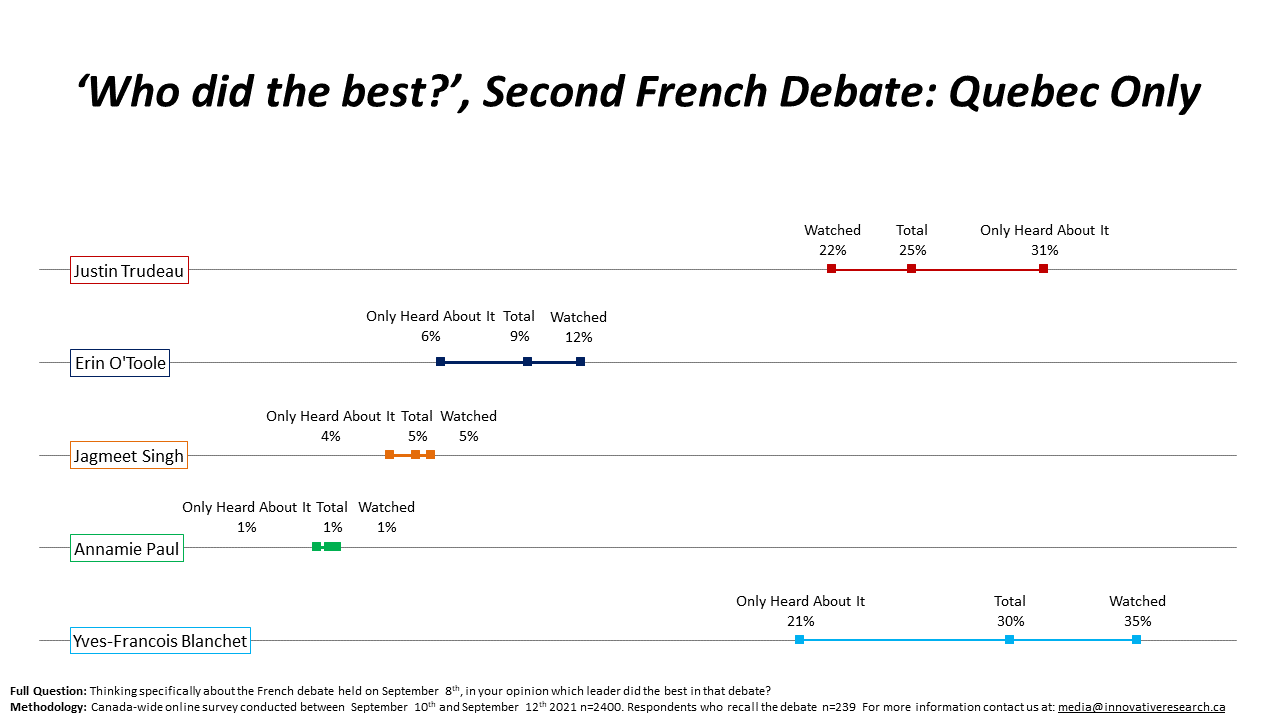
In the RoC, Trudeau, O’Toole, and Singh all rallied their own partisans and did enough to not lose the debate. Singh (19%) and Paul (14%) did better than the other candidates among the unaligned voters in the English debate, and O’Toole did particularly well among those who watched the debate compared to those that only heard about it (17-point difference).
Comparing Leaders to Expectations
In debates, leaders don’t just compete with each other, they compete against their own expectations. In Quebec, Blanchet was the only candidate who had more respondents viewing his performance as a positive on aggregate—more saying he did better than those saying he did worse. All other candidates had more people disappointed than impressed. However, all the major leaders did impress their own supporters.
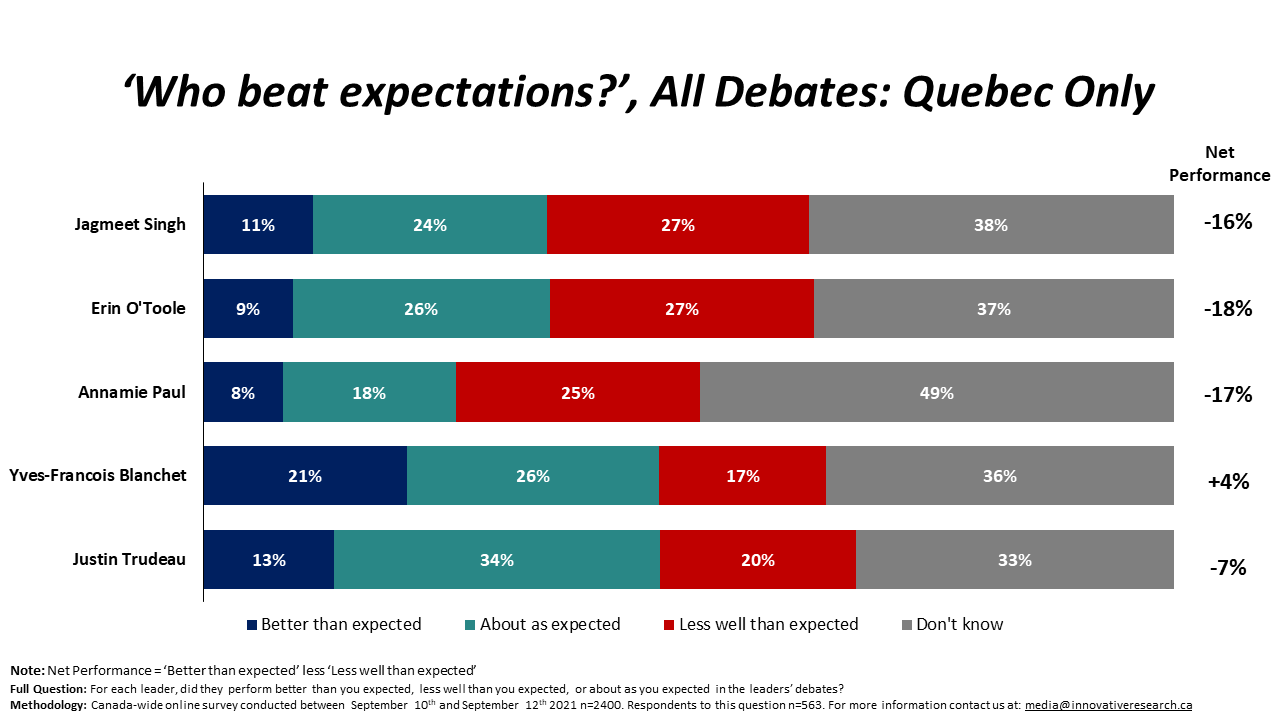
In the RoC, Singh had 5 points more voters saying he did better than did worse. O’Toole had 2 points more saying he did better than did worse. Annamie Paul was at an even split. While it’s not surprising that Blanchet did not impress in the RoC, it is notable that Trudeau had 11 points more voters saying they were less impressed than more. As in QC, all the major leaders impressed their own, but O’Toole’s performance led to more success in rallying his base than others found.
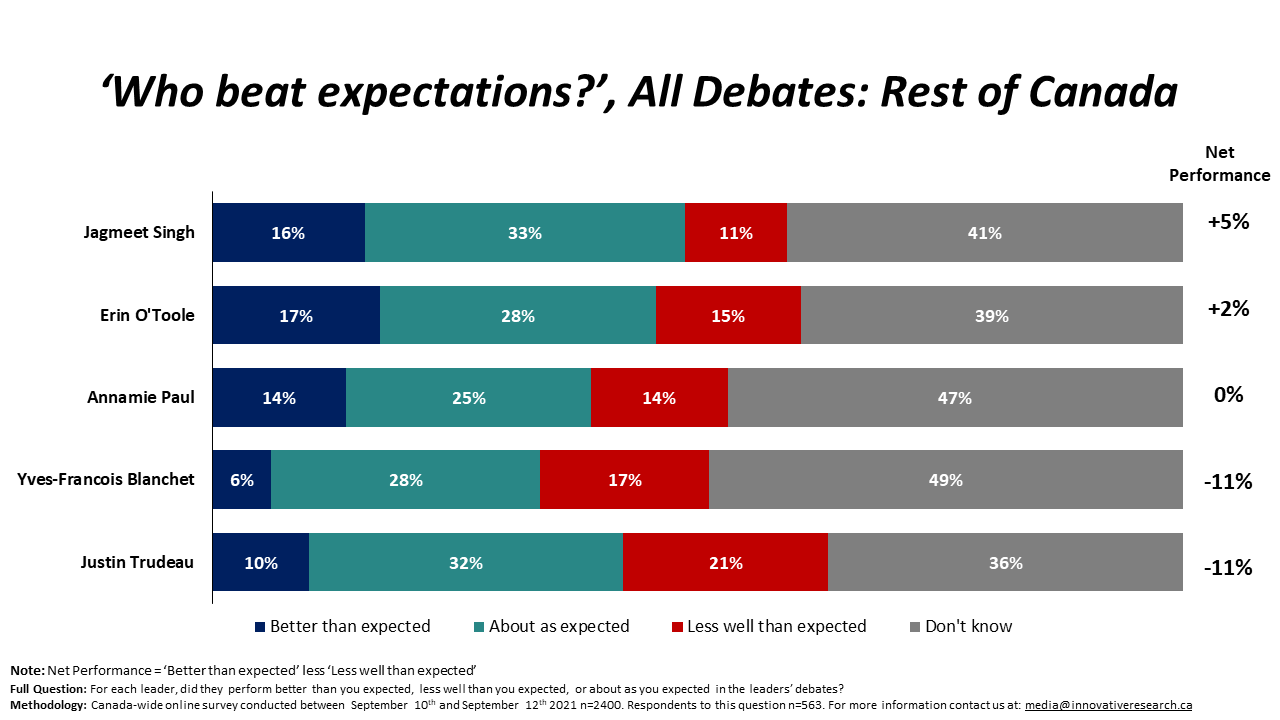
Debates have the potential to make a critical difference in any election. But in this campaign, the leaders’ performances appears to be having a pretty limited impact on major leader images and the vote.


